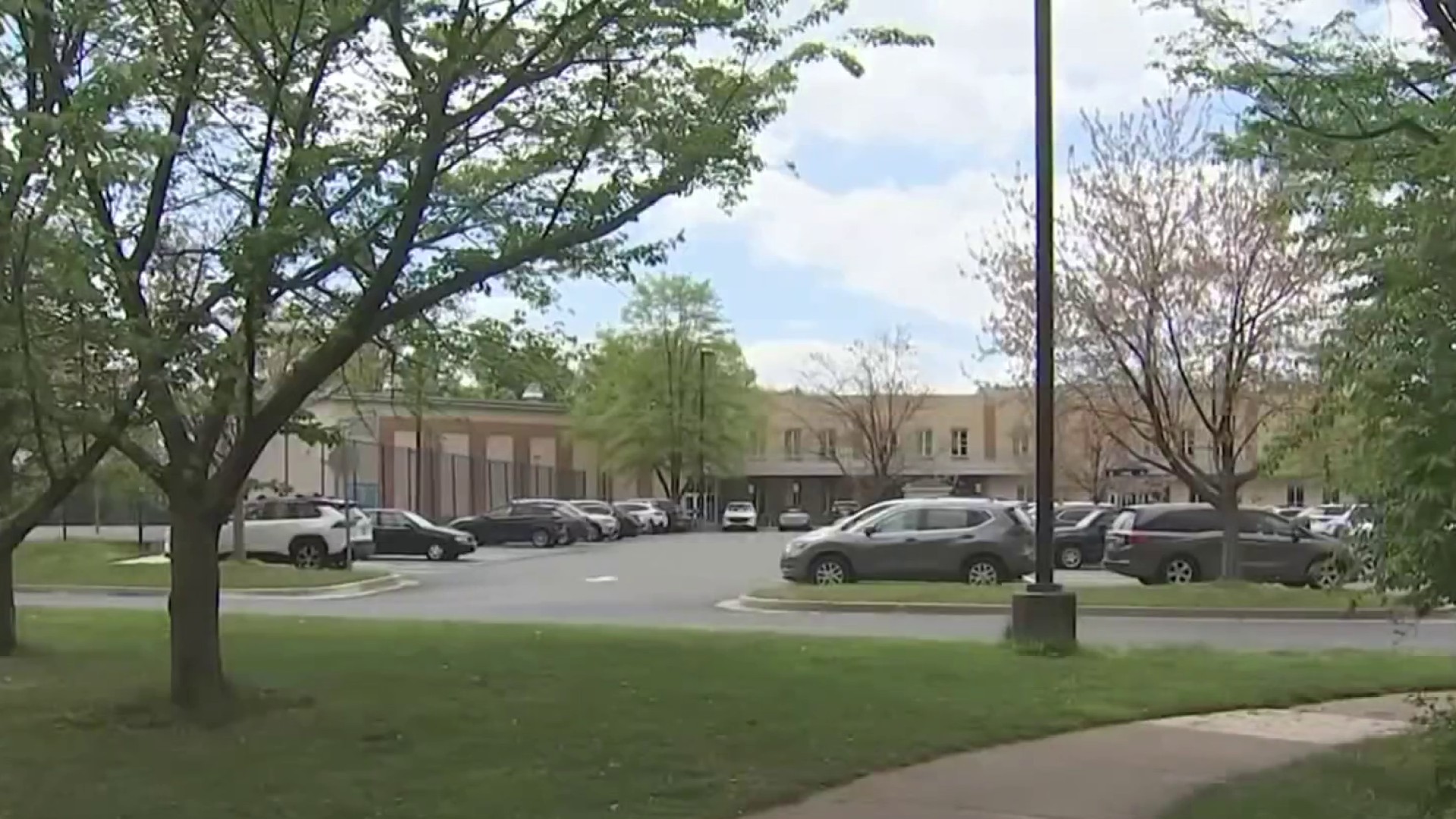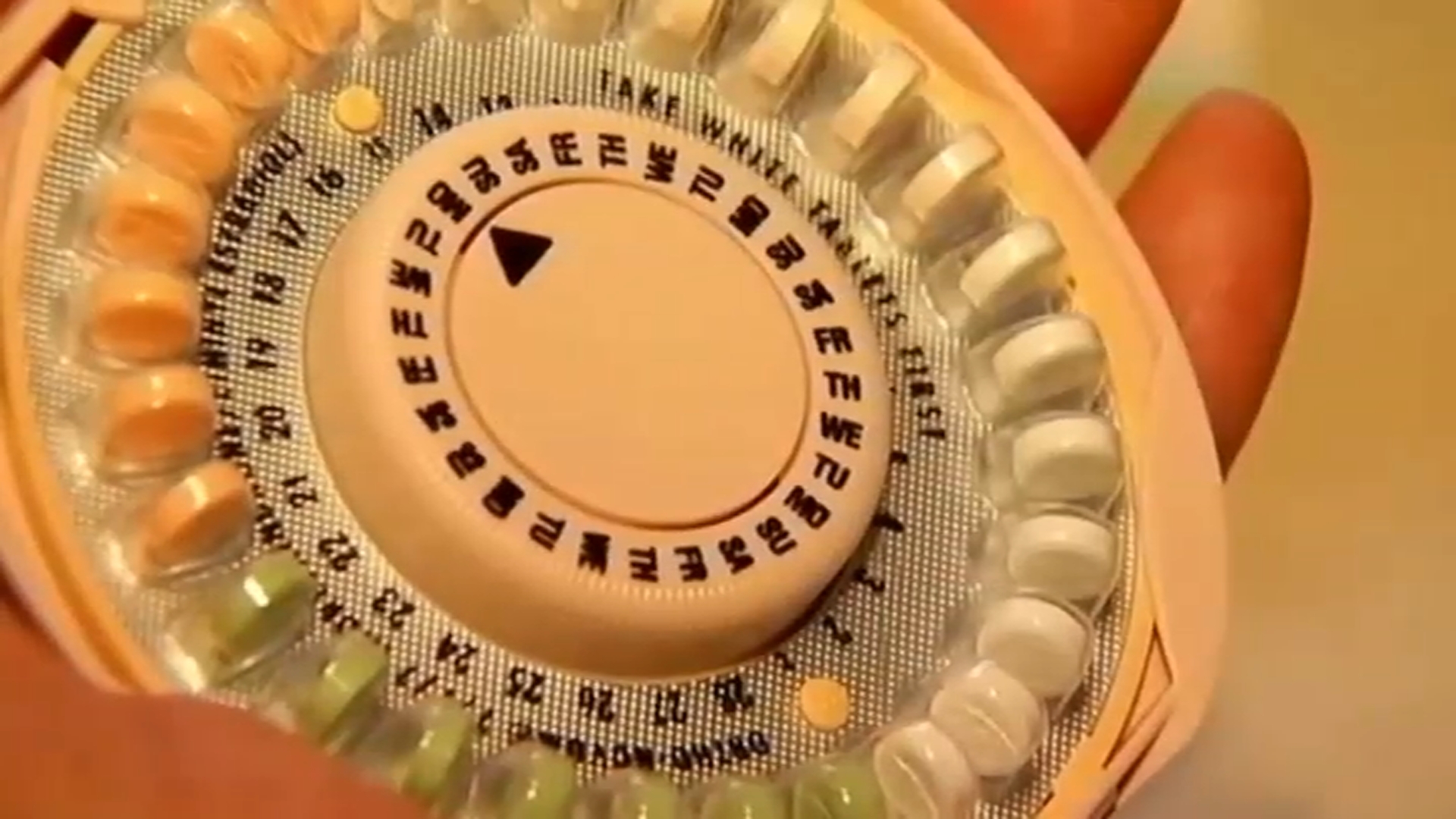The DC music landscape is about to get a little bit less fun: Washington is losing one of its longest-running bands and, by many accounts, one of the best front men local rockers have ever seen.
Russ is breaking up the band. Again.
This time the 65-year-old singer-songwriter says he’s had enough. Sitting inside the Republic Bar in Takoma Park, where Russ Beeker and his longtime partner David Goodfriend played many gigs, the aging Beeker says it’s time.
"Yeah, it’s time for me to grow up," Beeker said with a laugh and a smile as he tosses back an early morning glass of rye. "It’s not as easy as it was the first time around."
Beeker and Goodfriend have been grinding out their brand of original roots rock 'n roll for more than 45 years. The two met in college and crossed paths again overseas, but it was in 1978 when Beeker was serving in the Navy and stationed in Anacostia that he ran into his musical partner for a third time and they decided to form a band.
They called themselves Goin’ Goin’ Gone.
"We just started learning songs," Goodfriend said. "I would learn the songs on the guitar; we’d sit down and sing them. We spent a couple of years doing that and dreaming, boy, it would be great to do a gig or two."
Local
Washington, D.C., Maryland and Virginia local news, events and information
They rented a basement apartment in Takoma Park from their friend Billy Strum, who would go on to win an Emmy for helping to create the closed captioning system for television.
"Billy had a heart of gold," Goodfriend recalls. While the rent was only $100 a month, they often fell short. That hardship helped inspire the first song Beeker and Goodfriend penned together.
Goin’ Goin’ Gone released their first single, "Trouble," a few years later. To this day, when Beeker sings, "Trouble, my rent fall way past due." The lyrics drip with authenticity.
Goodfriend had already been writing some songs on his own. While working as a researcher for the New York Times he wrote about one of his co-workers. Columnist Maureen Dowd.
"Red hair is flowing, Dresses so tight, girl don’t you know I’d love to hold you tonight." Goodfreind recalls Dowd was a bit spooked by the tribute.
He threatened to change the name of the song to Doreen if she didn’t stop avoiding him. The song is still titled Maureen.
Over the years, Goin’ Goin’ Gone played just about every club in the D.C. region and beyond.
"It’s easier to list the clubs we never played," Beeker said.
"The 9:30 Club," Goodfriend chimes in. "We got an offer to play there, but it didn’t end well."
As the years went on, Goin’ Goin’ Gone developed a following, not only of loyal fans, but other musicians who drifted in and out of the band.
One of those musicians who shared the stage with the duo was the famed D.C. ax man Ratso, who played with Switchblade and was one of Tex Rubinowitz’s Bad Boys. He likened Beekers' stage presence to that of a leprechaun.
"He's parading around the stage and empathetic with the crowd, he always wanted more from the crowd," Ratso said.
One of the great aspects to their shows is the energy the band would project. Even for acoustic shows, people would dance.
Beeker is known for prowling the stage joking with the band and laughing with the audience during songs.
"They’ve been beating themselves up in the bars for years," Ratso says of Beeker and Goodfriend. "It’s a tough gig, and in your sixties it's not as easy as it used to be, especially those guys doing three sets a night."
Beeker couldn’t agree more. He said he lost his desire to perform.
"You just grind them out," he said of the live shows. "When you’re young, oh, I’m having it. It’s a heck of a lot of fun. You don’t want the night to end.
"Now it’s a completely different thing, come the middle of the second set I’m thinking, aghhh in 90 minutes I could be home."
But it’s more than just the grind of the late nights in bars. While Beeker and Goodfriend are still able to pack a room with fans, like so many local artists, they never made enough money to support themselves with their music. Goodfreind recently retired from working at the Associated Press and Beeker still works a full-time day job at Whole Foods.
"Clubs pay on a scale that’s lifted very little since the 70s," Beeker said.
"It’s gotten worse," Goodfriend added. "Pay was way better back in the day. Way better."
And then there’s Beeker’s health.
"If I sing 35 or 40 songs, my chest -- you know I had open heart surgery two years ago, and my chest -- I ache the next day,” Beeker said as he held his chest. "I’m a little tired. For a gig, I’m usually coming from work and going to the show. Or do the show, and I'll have to go to work the next day. It’s a grind."
Goodfriend understands.
"It’s hardest on him," Goodfreind said with the compassion of a brother. "He’s the front man, he’s the lead singer. I think he’s the best front man in town."
While Goodfriend understands, he’s not happy.
"I’m pissed!" Goodfreind said. "He’s irreplaceable. I’m not quitting; I still love to play.
"We’ve always known for many years this day would come. Where he would quit and I would go on.”
But without Beeker as the front man, Goodfriend says Goin’ Goin’ Gone is, well gone.
While Beeker has no regrets about turning the page on his rock 'n roll career, he does have one big regret.
In 2003 Beeker and Goodfreind started another band, the Shambells with Pete Kanaras, Mike Dutton, Tommy Hannigan and Clark Matthews. They signed with Maxi Records and released “Exit Wounds.” The Shambells split in 2007.
“That was a great band,” Beeker lamented.
He blames himself.
"When I stepped away from that I said, 'Boy did I screw up?' I made an awful mistake and it haunted me for a long time. If you get one shot to be in a great band, you should ride that horse until the horse is done. And I didn’t do that.”
That was one of the reasons Beeker was willing to put Goin’ Goin’ Gone back together, to give it one more try. But now, after 45 years of playing one-night-stands Goin’ Goin’ Gone is scheduled to play their last gig. (For information on the show, click here.)
Looking back, Beeker is thankful he came of age as a performer at a time when local bands could find work. Both men say starting out today would be too hard.
"Washington has always been tough for local musicians," Beeker said, taking the last drop of rye from his glass. "There’s never enough places. Now there are no places for bands to nurture.
"We were lucky. When we started we had a place called the Gentry on Capitol Hill. It was a musician hangout just as much as it was a club to play. The guy took a shining to us and had us in there all the time to play. There used to be places like that where you could learn your craft, and now there's not many places like that left."
Goodfriend sums the feeling up the best. "We need places where you can play and suck."
Goodfreind will miss sharing the stage with Beeker, who affectionately calls "old man" even though he’s a year older and just started to collect Social Security.
"We’re just different," Goodfreind said. "I still have a burning desire to play music just as badly as when I was 20 years old. It’s in me and I still want to play very badly. But just like he says, it’s harder now. It’s exhausting."
Saturday night Beeker and Goodfreind will take the stage one last time together at JV’s in Falls Church. Ratso will join them as will Ruthie Logsdon of Ruthie and the Wranglers.
"We’re gonna knock the house down one more time," Beeker said. "It should be mega, it should be a nice way for me to go out ... my wife might even show up."
I don’t know about his wife, but I wouldn’t miss this show for anything.



